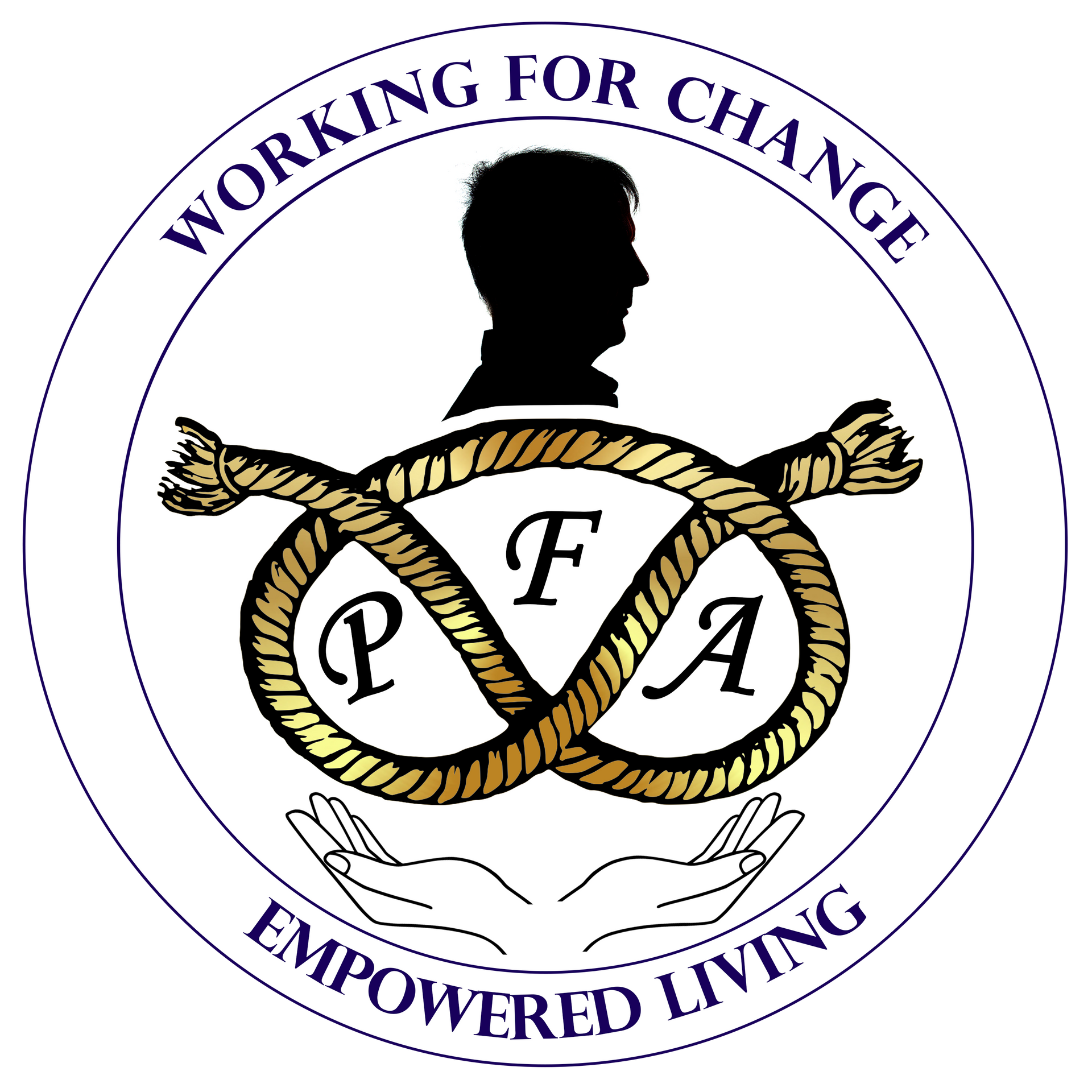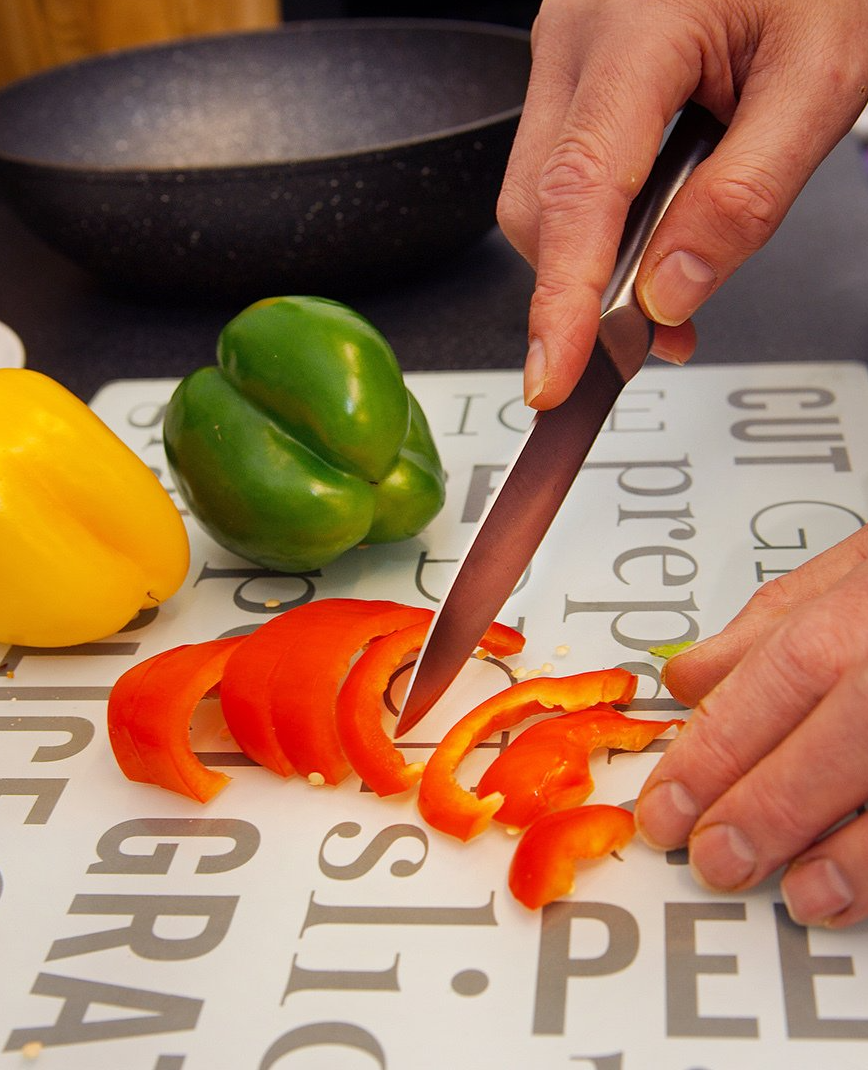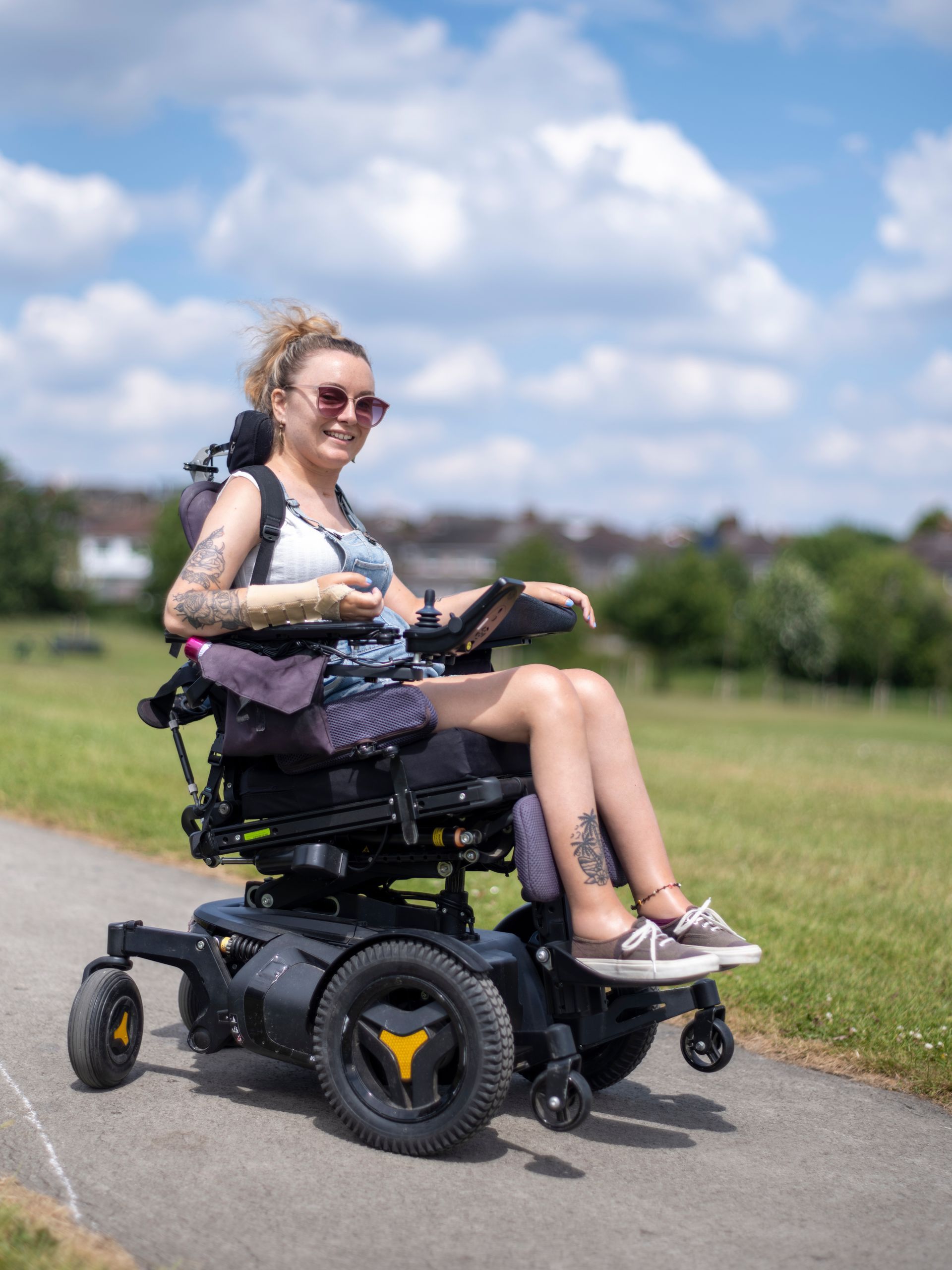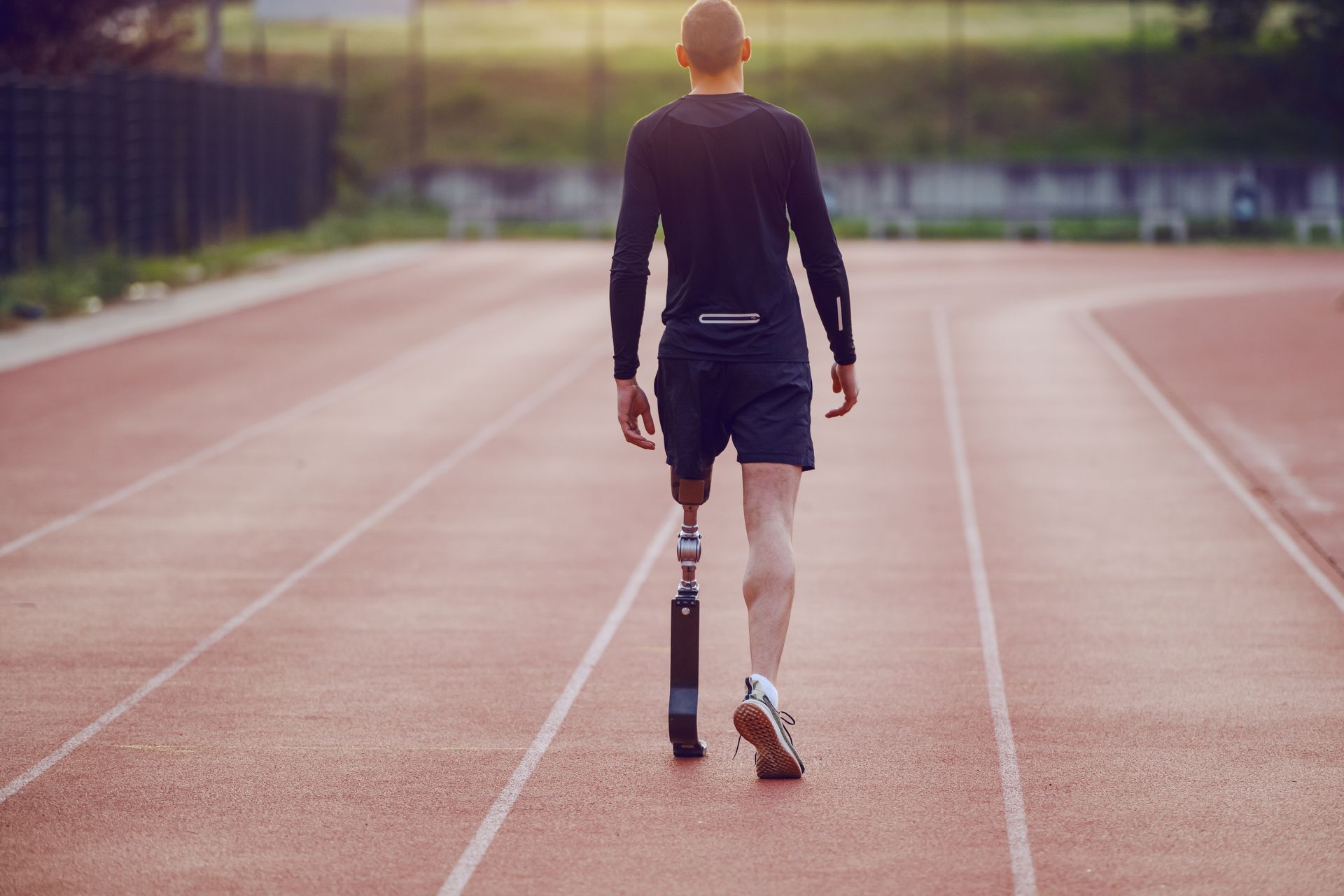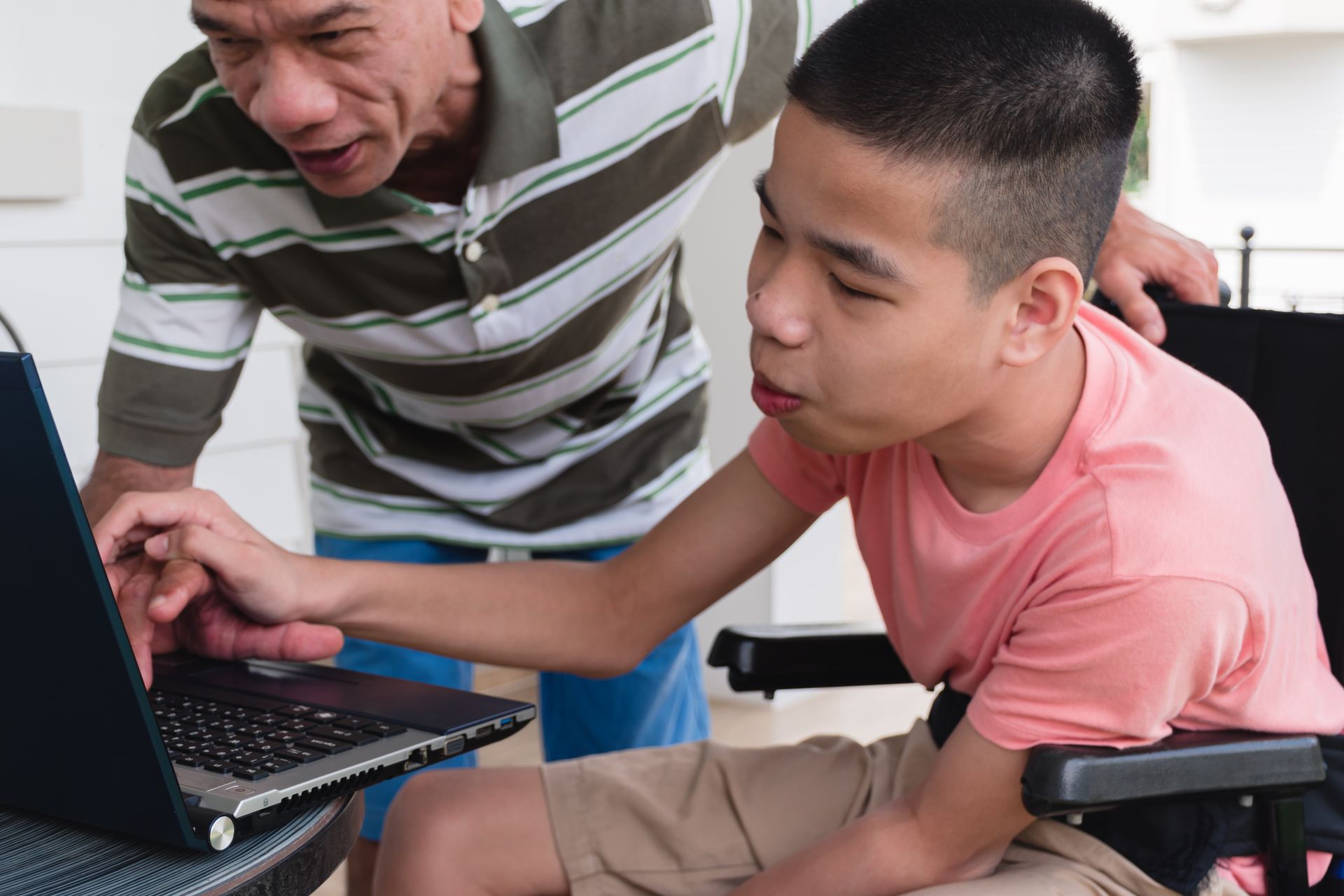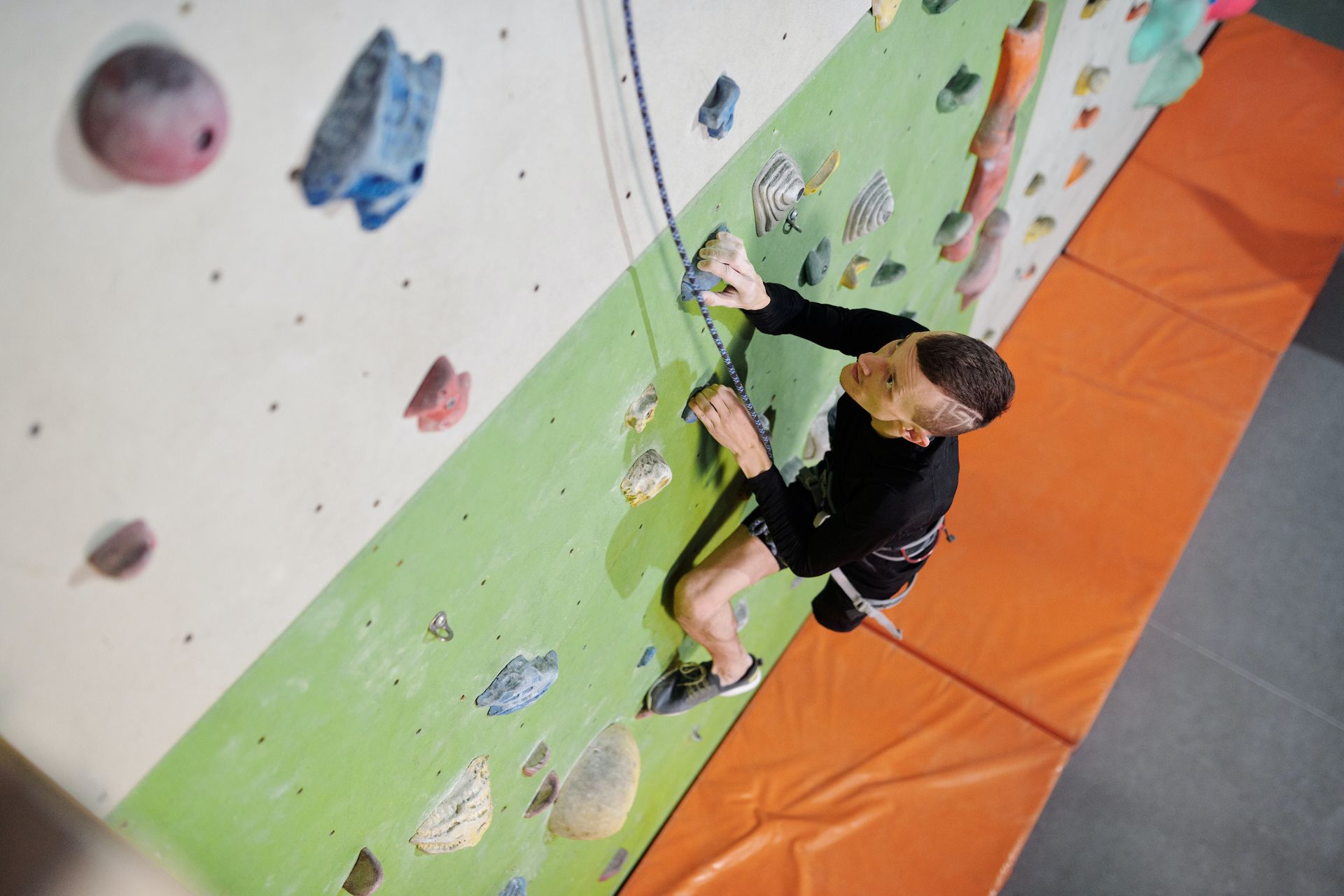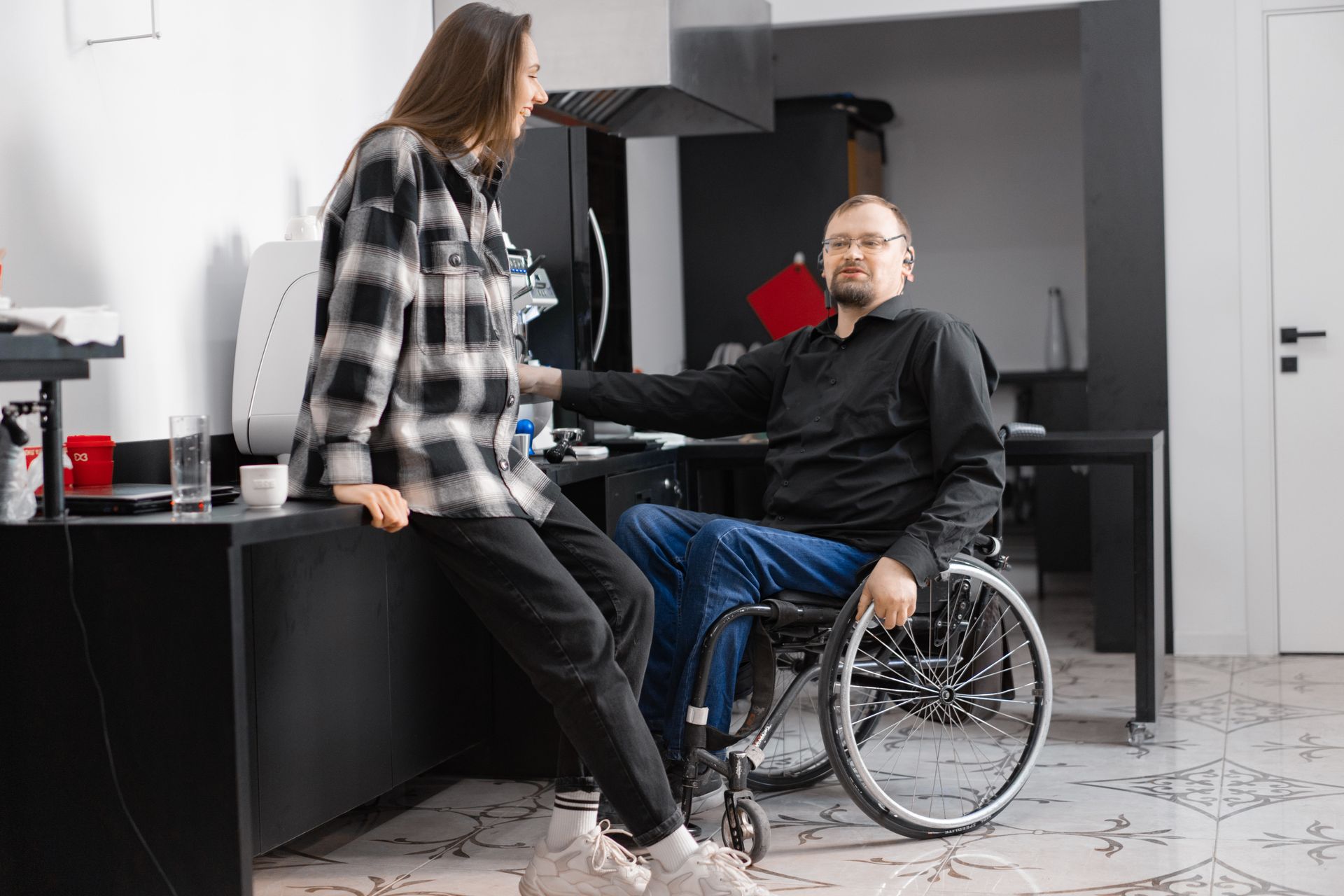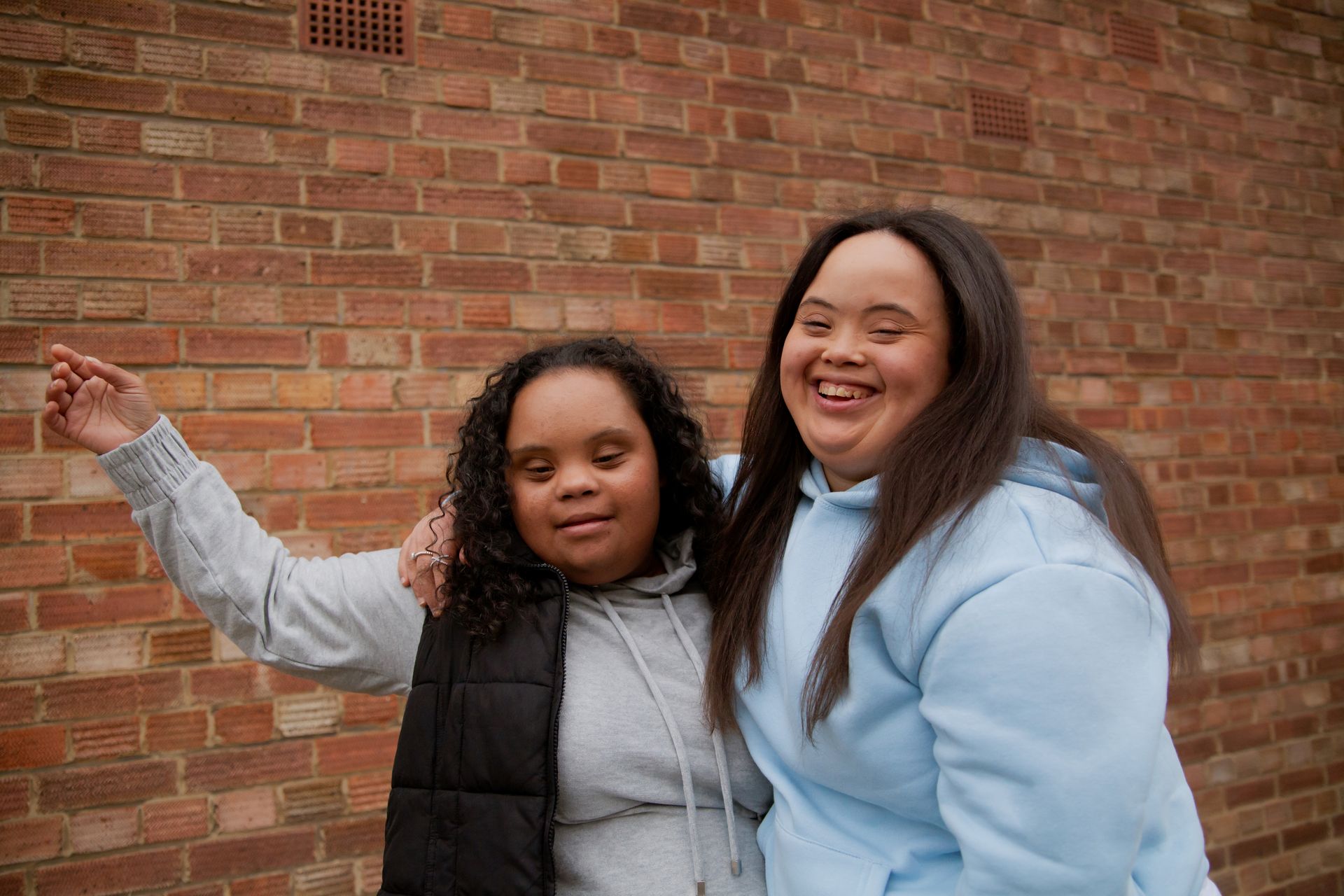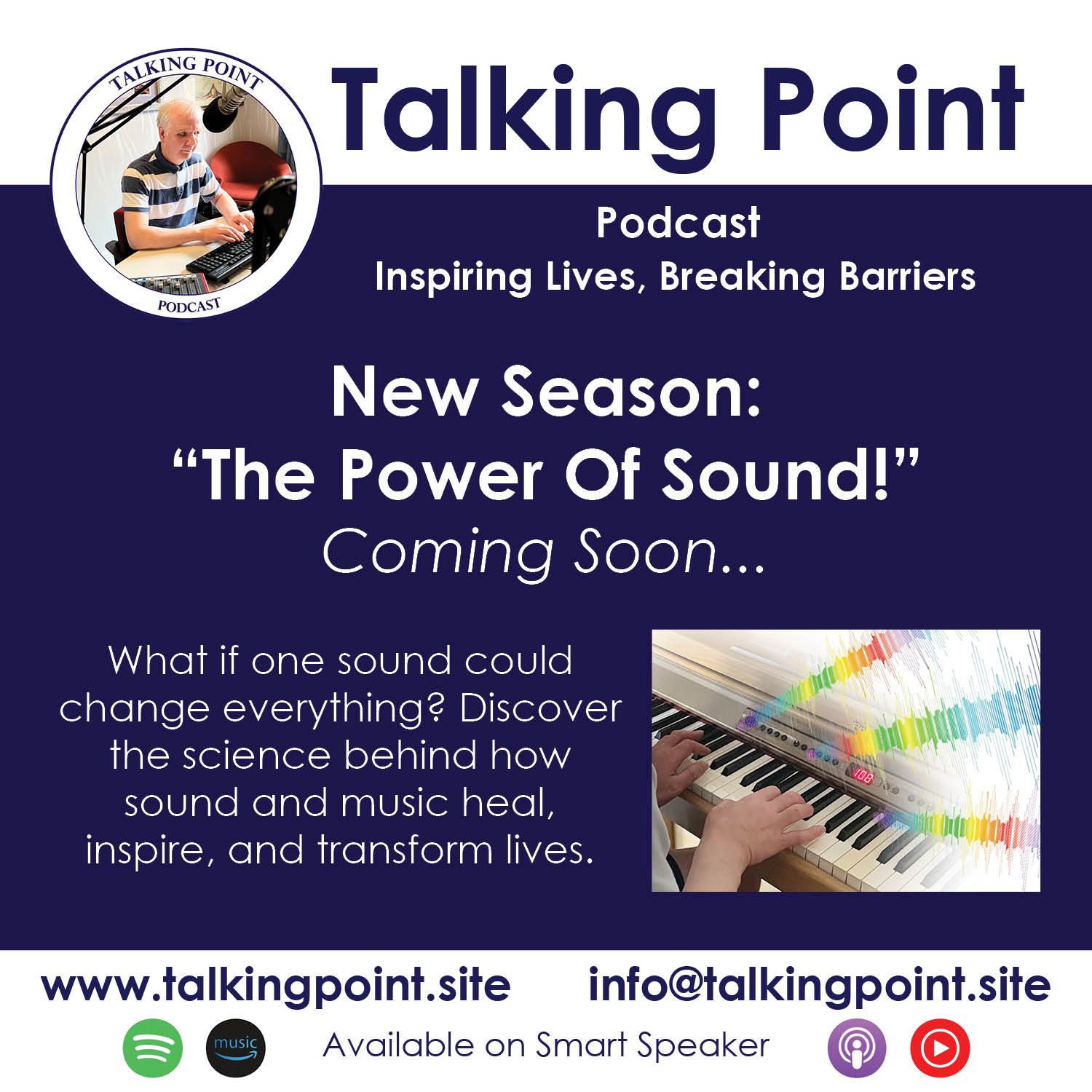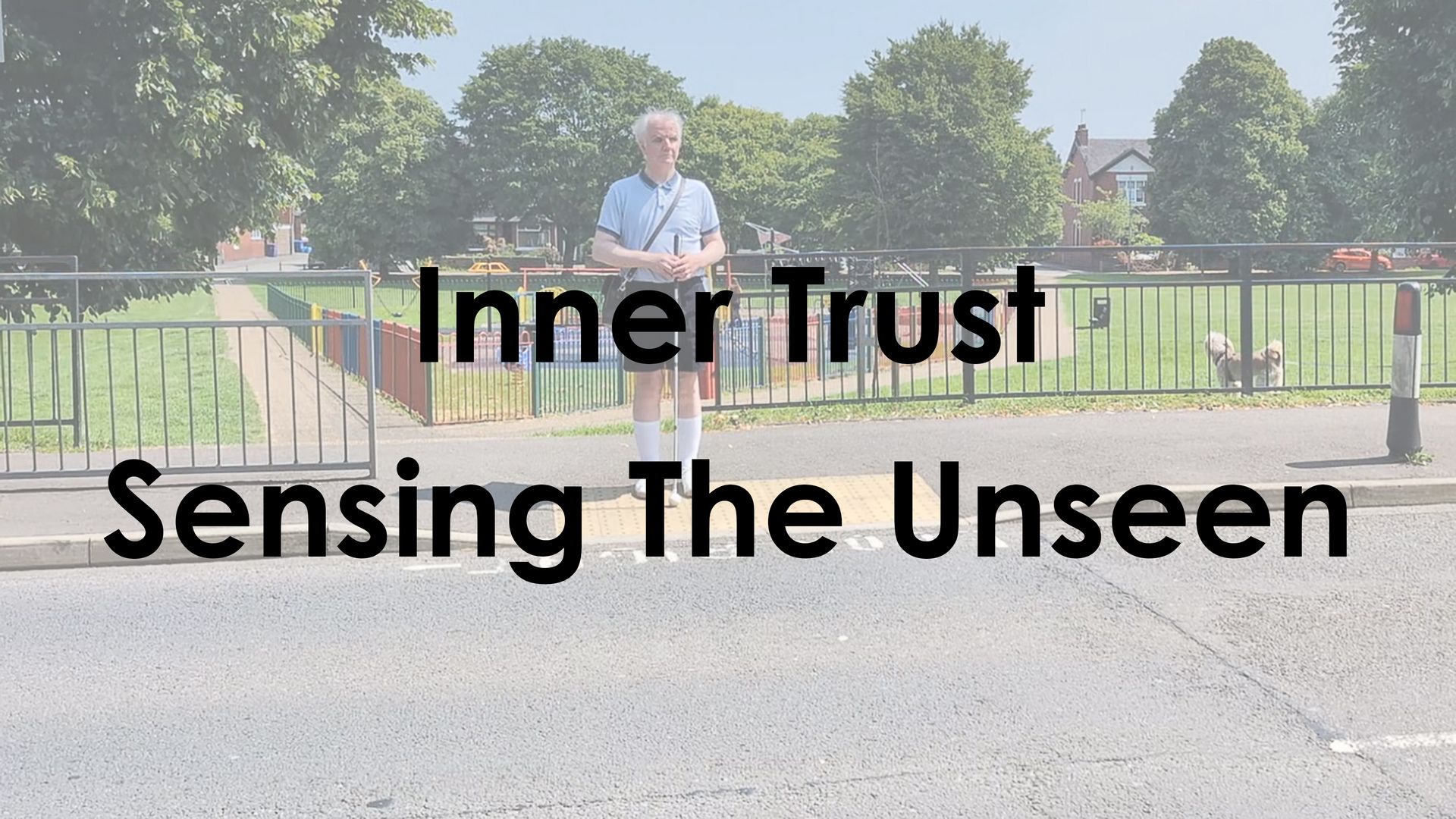Subscribe to my newsletter for Tips & Inspiration for a Thriving Independent Life.
CONNECT WITH PHILIP
Embracing Independence - 10 Reasons Why It Matters
Who determines your attire? Your meals? Your chosen hobbies?
If these decisions are yours to make, then you are on your way to living a life of independence.
However, for those of you whose decisions have long been the responsibility of others and who wish to reclaim control, Empowered Living is tailored specifically for you.
Here, you will have the opportunity to explore my numerous hints and tips on what it truly means to live independently. You can draw inspiration from the experiences of others, access all my motivational slides and video content, and connect with other professionals in the field of independent living.
This is not about me, a blind person, attempting to sell you some shallow online "Get Rich Quick" course.
Oh no, it is much more genuinely sincere than that. As a lifelong achiever who has lived with sight loss since birth, I offer this to you as one of my fellow visually impaired counterparts. Consider it my legacy to you and to the world. It is based on my mission to teach you how to fish rather than simply feeding you fish—metaphorically speaking.
Empowered Living is a work in progress. Eventually, you will have access to a plethora of life-changing tools designed to inspire you to become independent and empowered, with you making the decisions instead of others making choices on your behalf.
What will it take for you to achieve your goals and overcome the obstacles obstructing your path to living an independent life?
Undoubtedly, it is a simple question, but I acknowledge that the answer is not as straightforward as it may initially appear. We are all unique and at different stages in our life's journey. Our backgrounds, health, childhood, and education may all significantly influence where we currently stand on our journey.
Some may assume that cooking for themselves is out of the question due to impaired vision, while others may feel capable but lack the essential skills and confidence to accomplish such a goal.
However, it is indeed possible for you to make that significant leap, to achieve that crucial ambition, and ultimately experience the profound sense of inner contentment and lifelong satisfaction that comes from living independently.
Undoubtedly, you have heard of the 1982 Orville Song by Keith Harris, featuring a plump singing duck with a low self-opinion, plagued by self-doubt and burdened with indecision, as reflected in the famous line:
"I wish I could fly way up to the sky, but I can't."
Yet, the following line counters these negative doubts with a positive affirmation:
"You can."
Still, he remains unconvinced! Is that you?
If you search for the meaning of believing in yourself, you will come across answers like "being honest with yourself and others" or "being comfortable with making mistakes." Collins Dictionary defines it as "confidence in oneself and one's abilities."
"We do not require pity, nor do we need reminders of our vulnerability. We must be treated as equals—and communication is the means through which we can achieve this. Live without sight, but be true to yourself. Braille is knowledge, and knowledge is power." - Louis Braille
Lifetime Achievers
History is replete with examples of ordinary individuals, like myself, who have gone on to achieve remarkable feats despite their sensory impairments. Let's take a look at some notable figures:
- Louis Braille – You may be familiar with Braille, the system of raised dots enabling blind individuals to read and write by means of touch.
- Francis Joseph Campbell – He was not only an advocate against slavery but also a co-founder of the Royal National College for the Blind.
- Helen Keller – A renowned American deaf-blind writer, lecturer, and activist, whose contributions have inspired many.
- Tiffany Brar – As a social activist, she founded the Jyothirgamaya Foundation, which empowers the blind in all aspects of life.
And let's not overlook blind adventurers such as Miles Hilton-Barber, a British climber, and James Holman, known as the "Blind Traveller." We should also remember Tofiri Kibuuka, a Ugandan-Norwegian athlete who was among the first three blind people to conquer Mount Kilimanjaro.
Even outside the realm of visual impairment, we have the example of Colonel Sanders. He embarked on his journey when he was sixty-six, creating a bypass for his chicken shop. Ray Bradbury aptly stated, "The best scientist is open to experience and begins with romance - the idea that anything is possible."
And this truth extends to you as well. Nothing is truly impossible; it may just be difficult and challenging at times. This is why serious marathon runners always keep their eyes fixed on the prize from the very start. Depending on the race they're competing in, the finish line can seem incredibly distant. Nevertheless, with experience, self-belief, determination, and perseverance, they embrace the challenge.
It is now our task to do the same. We must strive to achieve things for ourselves rather than waiting for them to happen. Remember: "Losers dream in bed, whereas winners dream in the day."
Note for Screen Reader users: clicking or entering on any of the following tabs will display the associated text which will always appear directly beneath the menu options. Scroll down to read.
Ten Reasons Why you should Choose Independence
There are numerous compelling reasons why independence should be highly sought after by adults living with disabilities, encompassing physical, intellectual, and financial aspects. As someone who understands the significance of these matters first-hand, I can confidently present ten strong arguments in favour of pursuing independence.
Newsletter Subscription
Discover a world of self-reliance and personal growth with empowered Living, my weekly discussion e-Journal for Tips & Inspiration for a Thriving Independent Life. Sign up today and join the discussion in a safe and secure spam-free space.
